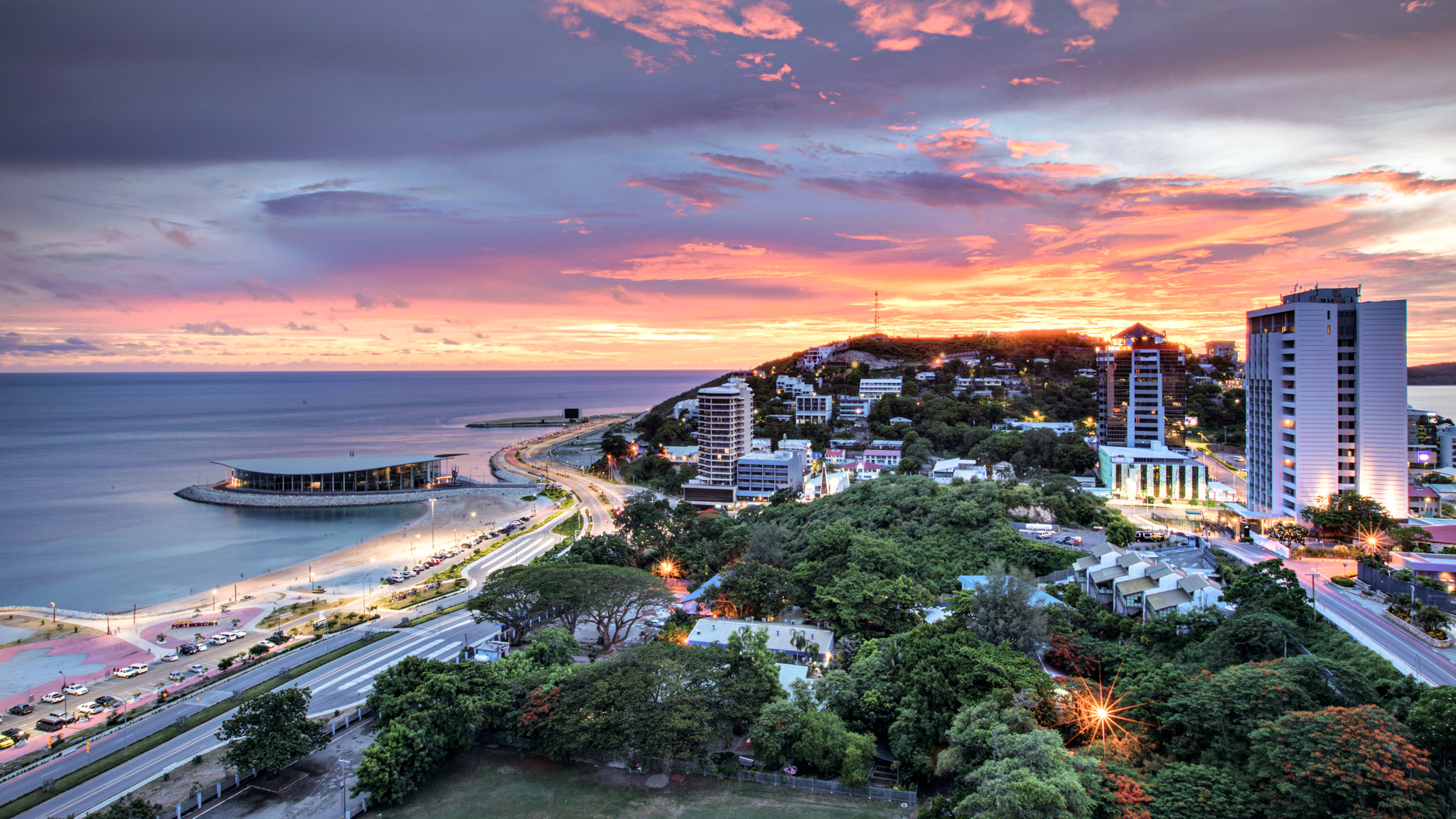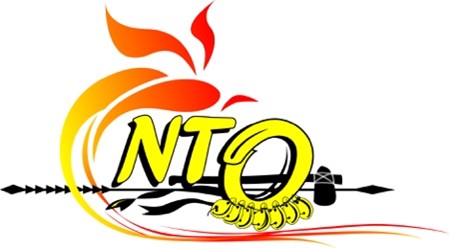What do you need to start a business?
IPA Registration
IRC Registration
Bank Account Setup
Business Registration
Investors in Papua New Guinea must comply with various laws and regulations, including those of the National Government on foreign exchange, taxation, customs, licenses and permits for various activities such as mining and petroleum exploration, agriculture, fisheries, forestry, and industrial activities. Provincial Governments and urban authorities also issue licenses, and it is the responsibility of investors to ensure they comply with all relevant laws and regulations, including the Investment Promotion Act 1992 and the Internal Revenue Act 2014.



Investment Promotion Authority

Internal Revenue Commission
Setting Up A Business
Before starting a business, underastand why you want to start one in the first instant. The main reasons why people start as business are as follows:
Financial gain – One of the main reasons people start a business is to make money. Starting a business can provide an opportunity to earn more than what they would as an employee, and to gain financial independence.
Flexibility and control – Starting a business allows individuals to have more control over their work schedule, work environment, and business decisions. This can provide a sense of autonomy and fulfillment.
Passion – Many entrepreneurs start a business because they have a passion for a particular product or service. They want to turn their passion into a career and make a difference in the world.
Unemployment – Starting a business can be an option for those who are unemployed or underemployed and want to take control of their own career.
Innovation – Starting a business also allows individuals to be creative, to develop new products or services, and to improve existing ones. Entrepreneurs often want to bring something new to the market, to improve the lives of others and to make a positive impact in their community.
The majority of businesses in Papua New Guinea are small and locally-owned, and are involved in sectors such as agriculture, forestry, fishing, and retail trade. There are also significant numbers of businesses involved in the mining, oil and gas, and construction sectors.
In addition to these, there are also professional services businesses, such as law firms and accounting firms, and a growing number of tourism-related businesses. The makeup of the business sector in Papua New Guinea is constantly evolving as the economy and industries in the country develop and change.

Business Setup Process
Starting a business in Papua New Guinea can be a complex process, as it involves following several steps and obtaining various licenses and approvals.
Here is an overview of the general process:
Choose a business structure – The first step is to decide on a business structure, such as a sole proprietorship, partnership, or limited liability company.
Register your business – You will need to register your business with the Internal Revenue Commission (IRC) and obtain a tax file number (TFN).
Obtain a business license –Depending on the nature of your business, you may need to obtain a business license from the appropriate regulatory body.
Register for taxes – You will need to register for various taxes, including income tax and value-added tax (GST).
Comply with employment laws – As an employer, you will need to comply with employment laws, including those related to minimum wage, leave entitlements, and employee protections.
Consider insurance – It is a good idea to consider insurance to protect your business and its assets.
It is advisable to seek professional legal and financial advice when starting a business in Papua New Guinea, as the specific requirements and processes may vary depending on the nature of your business and its location.

